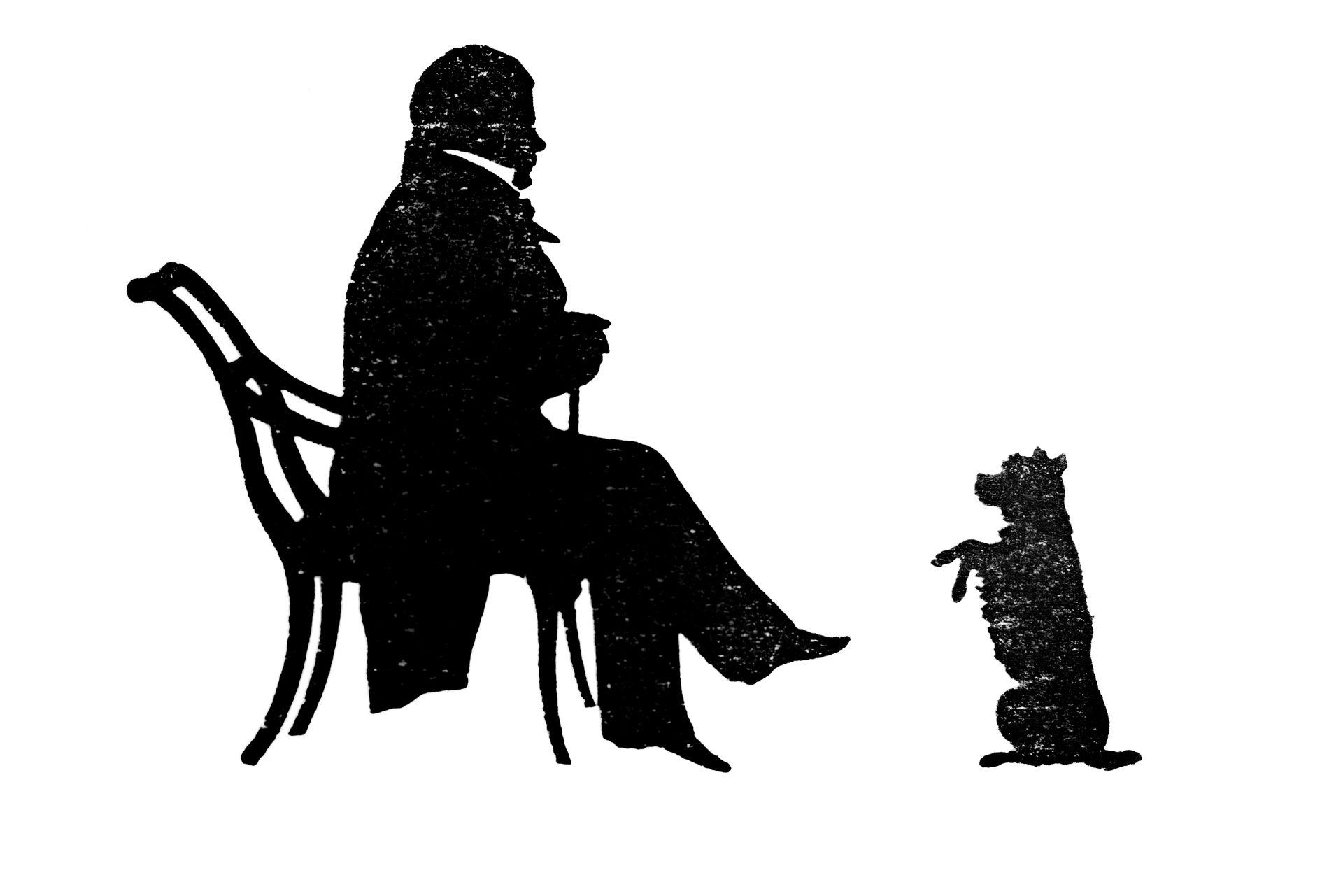1965
Our President in 1965/6 was:
The Right Hon. Lord Cameron KT, DSC, FRSE,
He proposed the Toast to Sir Walter at our 58th Annual Dinner on Friday 4th March 1966 in The North British Hotel, Edinburgh.
Download the [transcript] or read the [bulletin]
Summary of the Speech:
Lord Cameron offers a deeply personal and evocative tribute to Scott, framing his speech not as an analytical critique but as a series of reflections on Scott’s relationship with Edinburgh—a city he loved and was shaped by. Drawing on daily observations from walking past Scott’s former home and workplace, Cameron paints a rich picture of the city’s influence on Scott’s imagination and literary output.
He laments the decline in popularity of Scott’s novels, suggesting that over-prescription to young readers may have dulled their appeal, yet personally returns often to favourites like Rob Roy, Guy Mannering, and The Antiquary. He recalls how Scott’s name once adorned trains, steamers, pens, and even jam jars, a testament to his grip on the Scottish popular imagination.
The speech becomes a walking tour through Scott’s Edinburgh, highlighting key locations such as Castle Street, Parliament House, Greyfriars, and George Square, while linking them to scenes from Scott’s novels. He reflects on how Scott brought the city’s people to life, from highborn to lowly, with a vividness that has endured.
Lord Cameron also praises Scott’s public service and practical interests—his roles in the legal system, scientific societies, forestry, and urban affairs—arguing that Scott the man is as admirable as Scott the writer. He celebrates Scott’s patriotism, citing his devotion to the yeomanry and his balanced view of Scottish history, unclouded by romantic nostalgia.
He concludes with a heartfelt recollection of reading Scott as a boy in Parliament House and the enduring power of those early memories. The final lines are Scott’s own, from Marmion, praising Edinburgh as “mine own romantic town.”
Notable and Interesting Points:
- Personal and Local Focus: Cameron avoids lofty literary analysis and instead offers intimate observations of Scott’s bond with Edinburgh. He draws from his own experience living and working in the same locations as Scott, creating a strong emotional and geographic connection.
- Literary Honesty: Cameron admits that some of Scott’s novels are “pretty heavy going,” yet affirms their enduring value through selective re-reading—especially Rob Roy and The Heart of Midlothian.
- Cultural Legacy: He lists the many ways Scott’s name was once embedded in daily Scottish life—trains, boats, pen nibs, and more—highlighting Scott’s former omnipresence and his cultural decline.
- Urban Landscape as Narrative: The speech is effectively a literary topography of Edinburgh, merging Scott’s fictional worlds with real locations, emphasising how intimately the city shaped and was shaped by Scott.
- Legal and Social Insight: Lord Cameron, as a judge himself, offers rare appreciation of Scott’s portrayal of the Scottish legal world—through characters like Paulus Pleydell—and laments that Scott didn’t use more material from the real bench of his day.
- Balanced View of Romanticism: He notes Scott’s awareness of the dangers of romanticising history, calling for modern readers to look beyond “tartan-rimmed spectacles” when engaging with the Highlands and Jacobitism.
- Civic Contributions: The speech includes lesser-known aspects of Scott’s life—his presidency of the Royal Society of Edinburgh, role in the Edinburgh Oil-Gas Company, and practical forestry efforts.
- Memorable Closing: The speech ends with a quote from Marmion, celebrating the “gloomy splendour” of Edinburgh and reinforcing Scott’s—and Cameron’s—devotion to the city.
Download the [transcript] or read the [bulletin]

Subsidiary Toasts
The toasts of “The Queen” and “The Royal Family” were duly honoured.
Thereafter Mr W. A. Elliott proposed the toast of "Her Majesty's Forces", to which Major-General H. L. E. C. Leask replied.
"The City of Edinburgh" was proposed by Mr Alastair M. Dunnett, and Bailie Mrs Ross, M.A. (representing the Lord Provost) replied.


